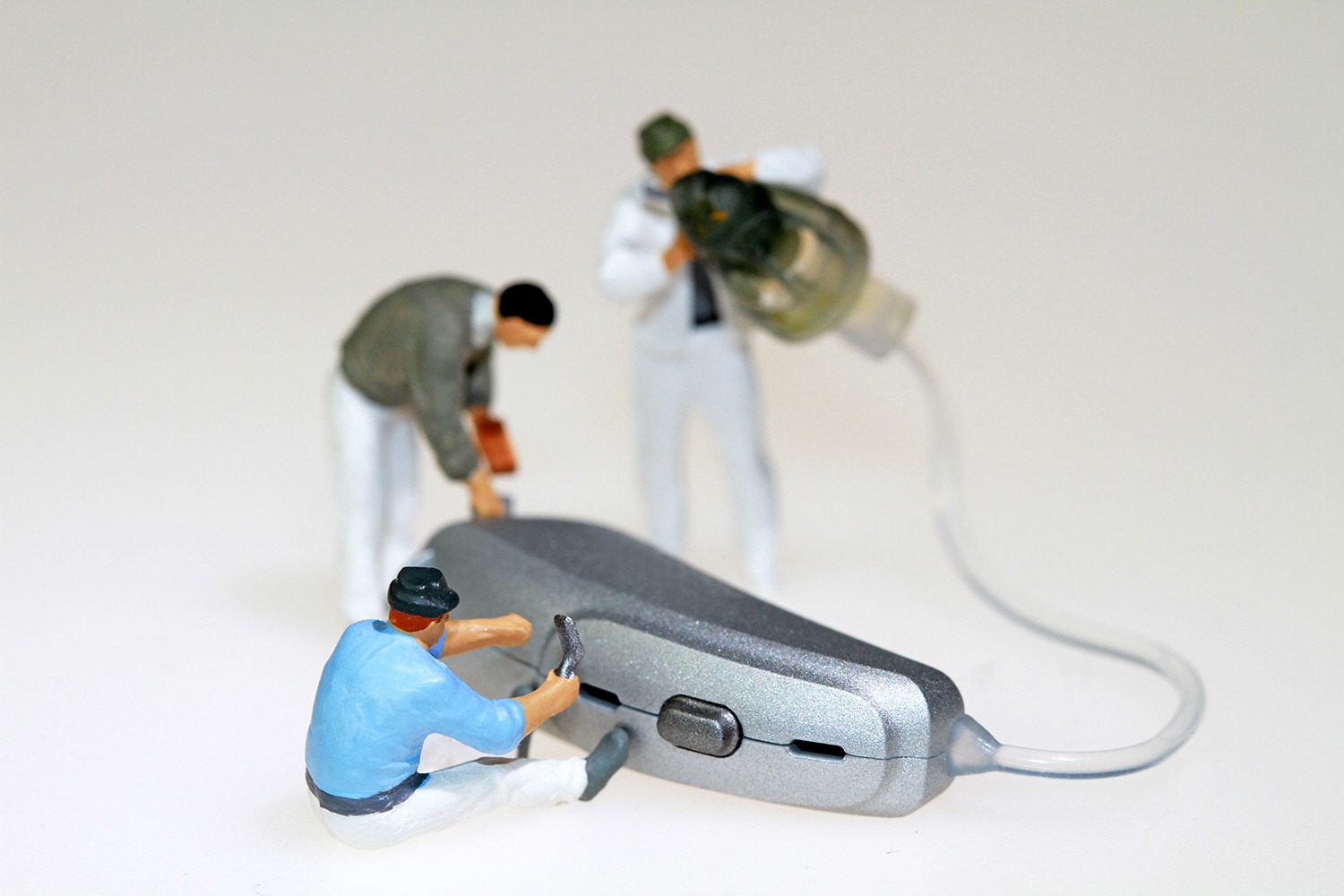The day you’ve been waiting for is finally here – the day you receive your hearing aids and enhance your auditory experience to its fullest potential!
Now, it’s completely natural to feel a mix of excitement and apprehension. After all, this is a significant step towards better communication and understanding the world around you.
Preparing Your Questions
Before heading to the Hearing Clinic, it’s a good idea to write down any questions or concerns you might have. With so much information being shared during the appointment, it’s easy to forget some of the things you wanted to ask.
By preparing a list, you ensure that all your queries are addressed. Inform your Audiologist or Audiometrist at the start of the appointment about your list, and make sure to go through each point before the session concludes.
Understanding Hearing Aid Functionality
The effectiveness and performance of your hearing aid will be assessed using various methods. These evaluations sometimes referred to as ‘real ear’ measurements, insertion gain, or speech mapping, are crucial. They ensure that the hearing aid functions as intended.
This process is swift and involves a thin tube being placed in your ear canal, followed by the hearing aid. Based on the results, the clinician might tweak the hearing aid settings to ensure optimal sound quality for you.
Adjusting to the Sound of the Hearing Aid

The sound of your own voice might seem different with the hearing aid. Here, the clinician will conduct quick speech tests, both with and without the hearing aids, allowing you to discern the difference.
If the hearing aid’s sound feels too loud, too sharp, or simply off, communicate this to your clinician immediately. They will make the necessary adjustments, ensuring you’re comfortable with the sound.
Mastering the Use of Your Hearing Aid
Handling and using your hearing aids can be a bit challenging initially, especially since you can’t see your own ears. With a bit of practice and guidance, you’ll become adept at placing them in your ears. It takes time and patience, but you’ll get the hang of it.
Batteries – Charging or Changing
Your clinician will explain the type of batteries your hearing aids require. Whether you’re using disposable batteries or rechargeable ones, you’ll be shown how to replace or recharge them. This knowledge ensures your hearing aids are always powered and ready to use.
Hearing Aid Maintenance
Proper care and maintenance of your hearing aids are imperative for their longevity. You’ll be taught how to clean them and, if applicable, how to change the wax filter.
If ever in doubt, you can refer to your hearing aid manual, check for instructional videos on associated smartphone apps, or revisit the clinic for a refresher.
Connectivity and Your Hearing Aid
If your hearing aid is compatible with a smartphone app, the clinician will guide you through the setup process.
Now, if this feature is important to you, remember to inform the clinician at the beginning of the appointment. This will help ensure that you leave with everything properly connected and synchronized.
Acclimatizing to Your Hearing Aids
Adjusting to your new hearing aids might take a little time. But don’t worry, your clinician will provide a ‘listening program’ to guide you on when and where to start using your hearing aids. While some listening situations may be more challenging than others, you will soon become used to them with consistent practice. You got this!




